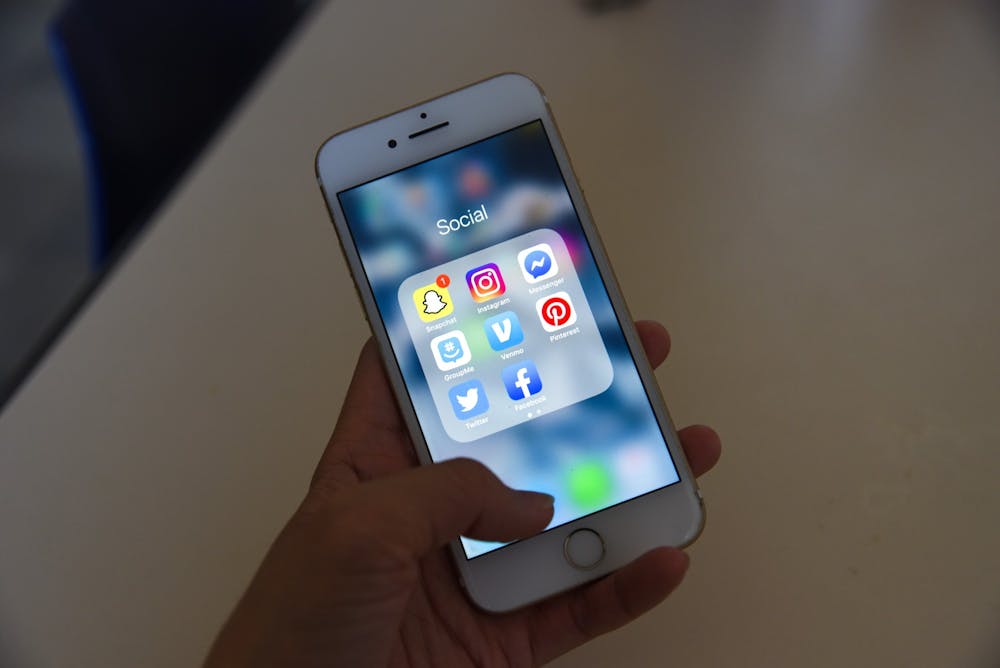
A new study by researchers at The Annenberg School for Communication suggests mobile devices have encouraged a diversification of news sourcing.
In the study, published on Friday in the Proceedings of the National Academy of Sciences of the United States of America, researchers sampled the desktop, tablet, and mobile phone data of tens of thousands of Americans over a five-year period. Annenberg Ph.D. candidate Tian Yang and Annenberg Associate Professor of Communication Sandra González-Bailón, along with two researchers from Oxford University, co-authored the study and were able to analyze news intake differently than many previous researchers, many of whom crucially missed mobile users.
In recent years, some studies have shown the existence of "echo chambers," meaning that people tend to primarily read news outlets that align with their political views. The study found, however, that while people tend to read from narrower sources on desktop computers, mobile phones diversify the sources readers access.
Yang said that this is a positive sign because a more diverse set of sources can help reduce the effects of misinformation.
“Given our observation that echo chambers are not as significant as many assume they are, our data suggest that Americans might still be willing to hear from the other side,” Yang said.
Yang and González-Bailón found that social media may be a reason that mobile users visit more diverse news outlets than desktop users. They hypothesize that the structure of social media apps leads users to click on stories from outlets they might not otherwise access.
González-Bailón said that there needs to be more research conducted regarding what types of people are more vulnerable to misinformation and manipulation.
“What this tells us is that the left/right ideological divide may be less important than the divide between those who are informed and those who are not,” González-Bailón said.
The Daily Pennsylvanian is an independent, student-run newspaper. Please consider making a donation to support the coverage that shapes the University. Your generosity ensures a future of strong journalism at Penn.
Donate



